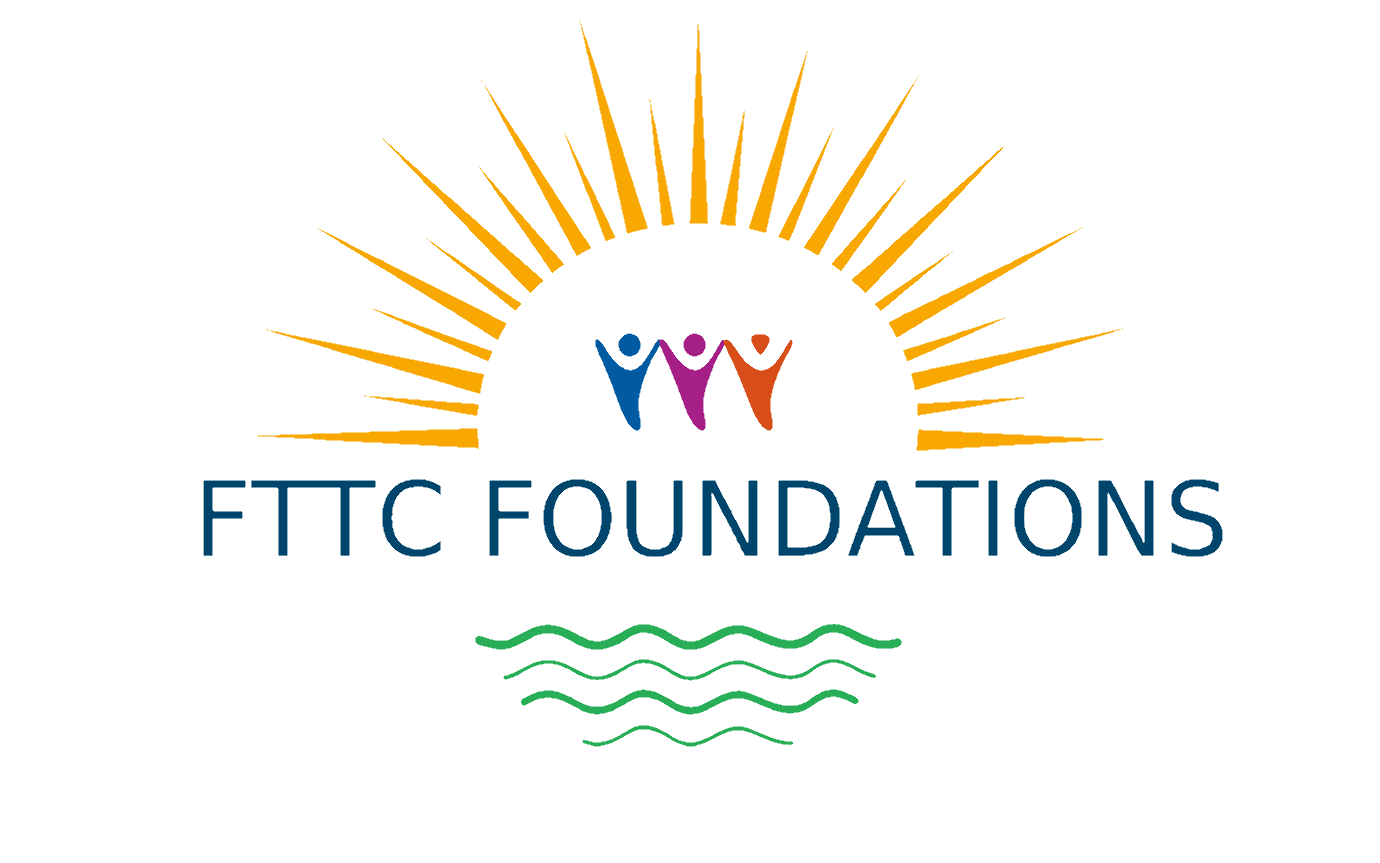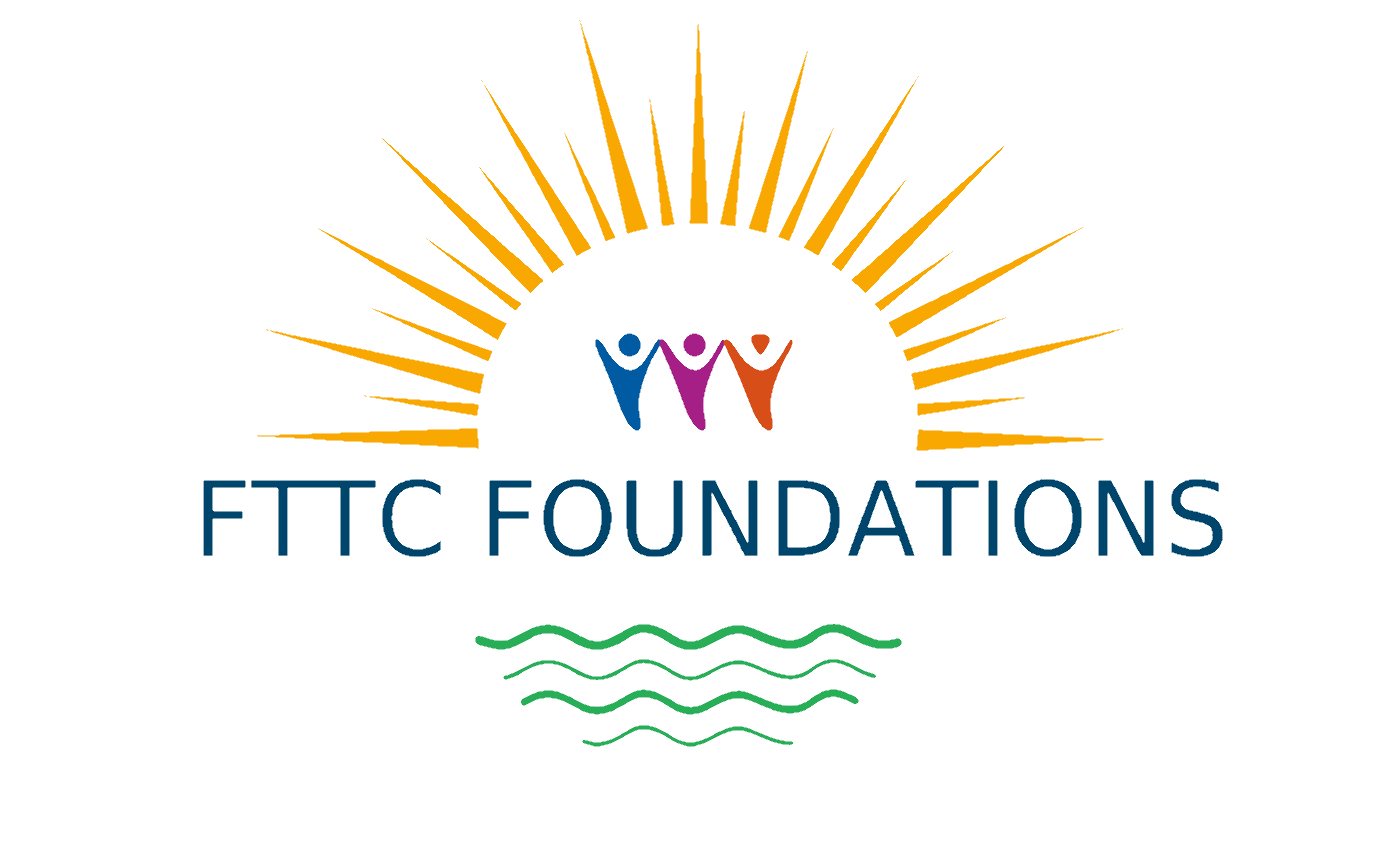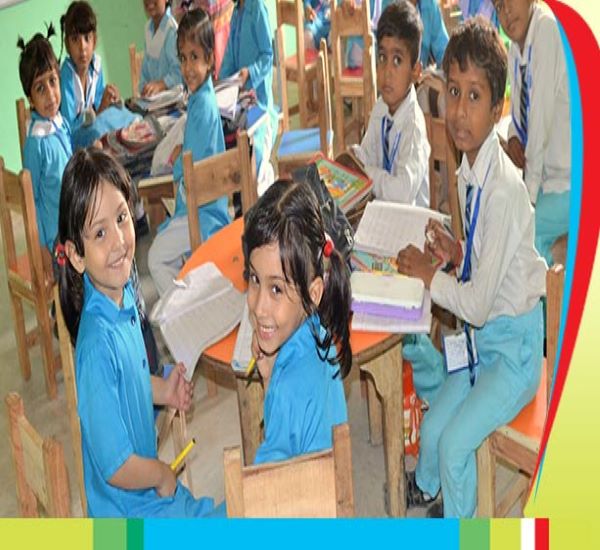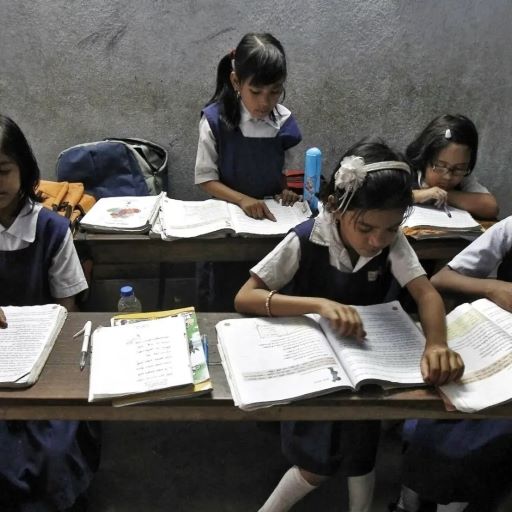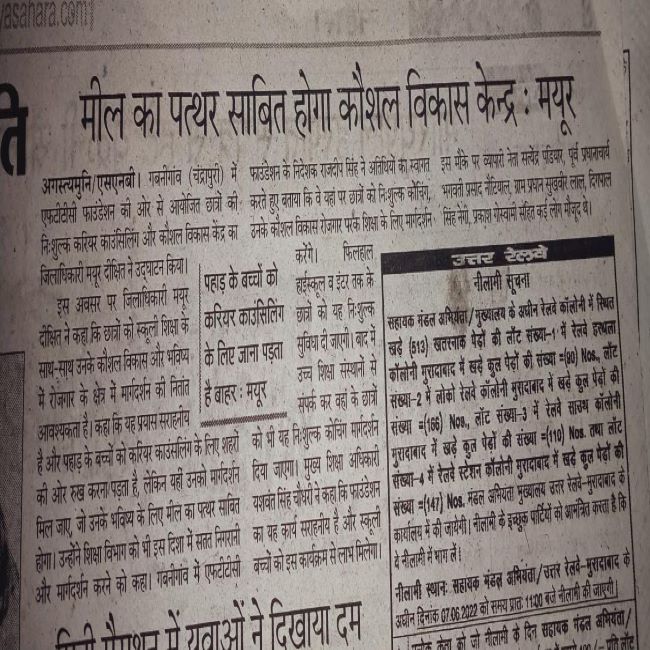Our Work
Challenges For Local Students And How We Work For Them
India is a country of 1.3 billion people, and 67% of India's population lives in rural areas. Approximately 196 million children attend primary school, of which 146 million are enrolled in local schools (Source: UDISE 1516). Fortunately, almost all of these children are enrolled in school, with enrolment rates for children aged 5–14 years exceeding 95% in rural India (ASER2018).
School education in rural India relies heavily on government and government-sponsored schools. Education is not easy in rural India. Rural children face many challenges until they complete their education. Some of them are shown below.
The main challenges are:
Poor basic knowledge/learning outcomes: - Rural children go to school, but the quality of education they receive is not sufficient. Their basic knowledge of reading and math is low. As the data for ASER 2018 shows, only 73% of VIII students can read texts at the standard level. And only 44% of Std VIII children can solve basic math problems. Although children are expected to be masters of the basic skills of Std VIII,
Access to Advanced Learning Tools: - Students in rural schools do not have access to advanced learning tools such as digital learning, computer classes, and non-academic books. According to the 2018 ASER report, 55.5% of students have never used a computer. After losing their RTE, children up to the age of 14 are educated for free. Rural families are always financially burdened for a variety of reasons. For them, educating their children is a second priority, forcing them to earn an income to survive. This is one of the reasons for the low enrolment in secondary and higher education. According to MHRD's Gla 2018 education statistics, 43.1% are enrolled in higher education in India and only 14.2% are enrolled in higher education.
Sports Training and Equipment: - Sports, as we all know, have a direct impact on fitness, which in turn affects learning. Unfortunately, proper sports training and equipment are not available in rural schools. As a result, students lack the opportunity to play games and do physical activity. After-school activities Engaging students in activities that can improve their learning and quality of life is very important. In urban areas, after-school students attend music, dance, and foreign language classes, while rural students simply roam the village and engage in unproductive activities. The lack of access to after-school activity centres in rural areas is an important issue.
English communication: English is becoming more important every day, but in rural areas, most schools are taught in the local language. Therefore, speaking and writing in English is not so important.
Digital Literacy:- Insufficient or no access to digital devices, especially for computer learning, is a challenge to improving the digital literacy of local students. Correspondence Schools When comparing local student groups and secondary schools, they are below expectations. In India, only Rs 139000 (secondary schools) and Rs 11,000 (high schools) are accredited. Most of them are in the village's larger population or in Tarka's location. Therefore, students need to travel long distances to go to school.
Personal Attention: Most schools do not have enough classrooms for their students. Therefore, classes are held in the same classroom for more than an hour. The student-to-student ratio is low. This leads to less attention being given to students who are lagging behind in learning.
What we do:
In order to overcome the above-said obstruction in rural education in India and to boost this, we have adopted the following measures:
- Encourage free tution.
- By providing modern teaching technologies,
- By encouraging scholarships
- proper infrastructure to study.
Encourage free education by:
One of the most important ways to help local students is by providing free tuition. Our constitution provides the right to education to all citizens of India.
This is done by providing proper infrastructure and resources. We also ensure that the number of children who are attending school must complete their education up to the elementary level by helping them understand lesions.
Another reason for encouraging free tuition is that rural people in India don’t have much income, so they can’t afford high tuition fees and drop out of school.
By utilising cutting-edge teaching technologies,
Modern technology is very important in providing education. In today's rapidly evolving, globalised world, every individual needs to be up to date with their current technology. Also, education needs to focus on conceptual learning rather than memorization, and students need to take advantage of these new technological applications. Hence, we provide modern equipment to study and shape their confidence.
By providing the right infrastructure and resources,
To promote education in rural India is to provide adequate infrastructure and resources. The purpose of education is to ensure the overall development of the individual. The availability of resources is also important for providing education. Resources like textbooks, laboratories, stationary, and benches should be available for all students. This will help in achieving the purpose of education and retaining the number of students in education.
How we work for child education
We will work according to different patterns and tasks with the same vision and mission of better exposing children to their future objectives and challenges.
We are working for the empowerment of existing institutions where they need any support. All support will be based on the details and interactions. We are going to survey the region and try to support the administration with our services to see the improvement of students or children.
Education
Core Work
Become a Volunteer

Quick Links
Your Help
Contact Info
Logix Technova, Sector-132,
Noida, U.P. 201305
Mobile - 8800376610
Email id - office@fttcprojects.com
